
Rare Disease Spotlight

Understanding Amyotrophic Lateral Sclerosis
Amyotrophic lateral sclerosis (ALS) is a degenerative motor neuron disease typically diagnosed in adults in middle age or later. About 18,000 people in the United States are currently living with ALS, making it one of the more common neuromuscular diseases, and yet there is still a lot for scientists to learn about why it occurs and how to treat it.
Read More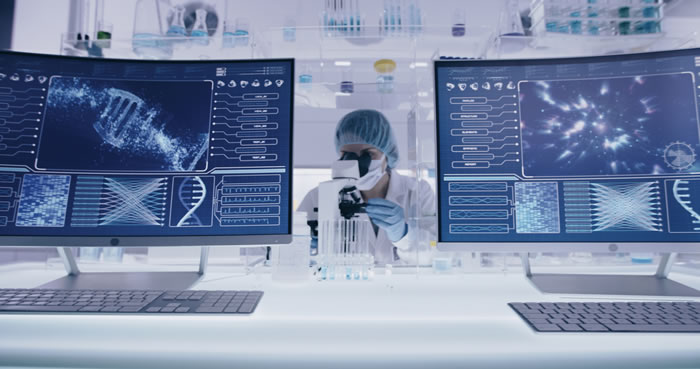
A New Direction for Charcot-Marie-Tooth Disease
Charcot-Marie-Tooth disease (CMT) is not one disease but a spectrum of nerve disorders. It is named after the three physicians who first described it in 1886: Jean-Martin Charcot and Pierre Marie of France and Howard Henry Tooth of the United Kingdom. CMT affects the peripheral nerves that run through the arms and legs, connecting the brain and spinal cord to the muscles and sensory organs. It occurs in approximately 1 in 2,500 people.
Read More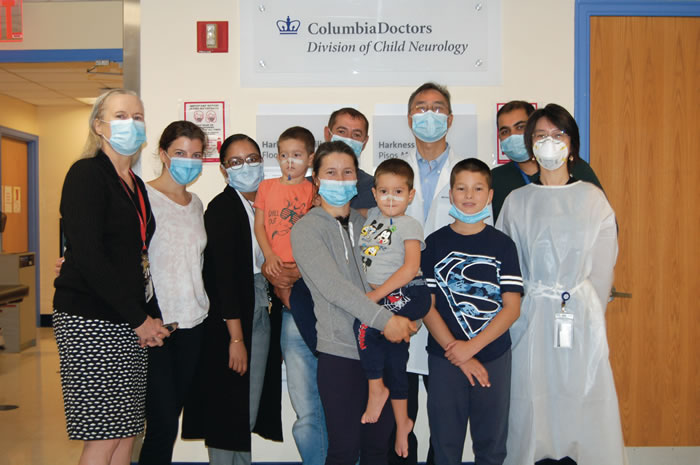
The Latest on Mitochondrial DNA Depletion/Deletion Syndrome
Mitochondrial DNA (mtDNA) depletion/deletion syndrome (MDDS) is a group of genetic diseases in which the mtDNA inside cells cannot replicate correctly. Mitochondria are the powerhouses of cells, generating more than 90% of the energy in our cells. With fewer functioning mtDNA, cells fail to generate enough energy to function properly.
Read More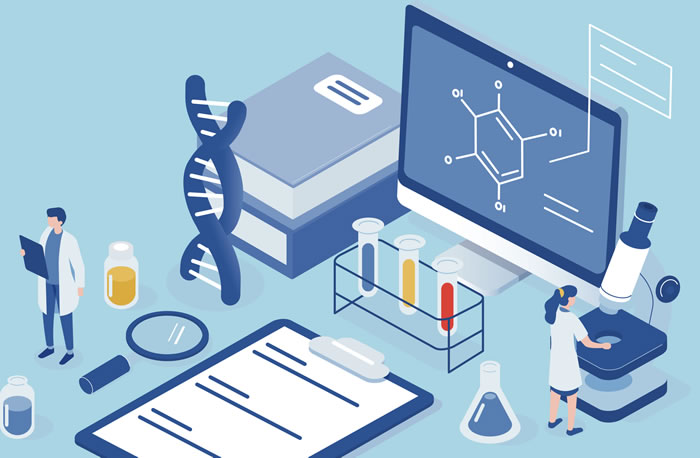
Researchers Want to Know More About Oculopharyngeal Muscular Dystrophy
Oculopharyngeal muscular dystrophy (OPMD) is rare, even among muscular dystrophies, with an incidence of 1 in 100,000 people. It is a late-onset disease, with symptoms typically first appearing after age 50.OPMD gets its cumbersome name from “oculopharyngeal,” meaning that the disease affects the muscles of the upper eyelids and the throat. People with OPMD generally develop droopy eyelids, called ptosis, as well as difficulty swallowing, or dysphagia. They also can experience progressive weakness in the legs.
Read More
Expanding Knowledge on GNE Myopathy
Tahseen Mozaffar, MD, is a neurologist and director of the ALS & Neuromuscular Center at the University of California-Irvine. He’s also a leading world expert on GNE myopathy, a form of muscular dystrophy that affects an average of one person per million worldwide.GNE myopathy is caused by mutations in the GNE gene, which is responsible for a step in the production of a sugar called sialic acid. This results in decreased attachment of sialic acid groups to skeletal muscle cells, which is thought to be why the disorder leads to muscle atrophy and weakness.
Read More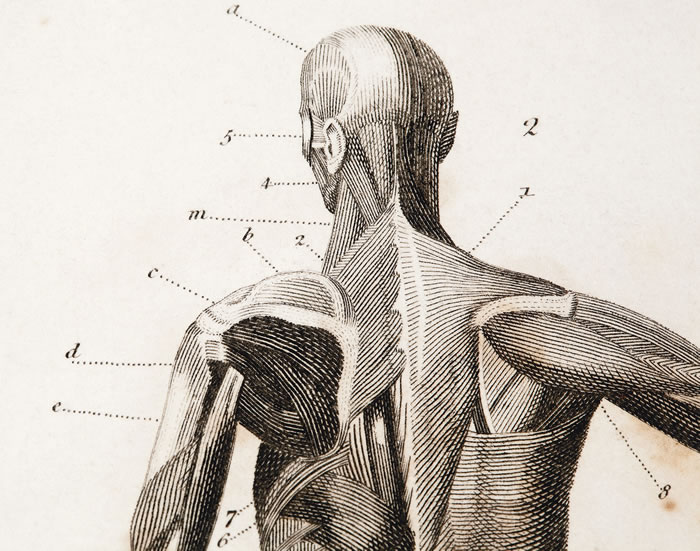
New Research Channels for Myotonia Congenita
Myotonia congenita is an inherited myopathy that prevents affected individuals from relaxing certain muscles after contracting them. The disorder causes muscle stiffness but not atrophy or shrinkage. On the contrary, it often leads to larger, stronger muscles.There are two types of myotonia congenita: Becker disease and Thomsen disease. The Becker type is inherited as an autosomal recessive trait, meaning it is produced when both parents contribute a defective gene. Becker is the more common and more severe form of the disease. It generally shows up between ages 4 and 12, though in rare cases it may occur as late as age 18. Symptoms tend to worsen over time.
Read More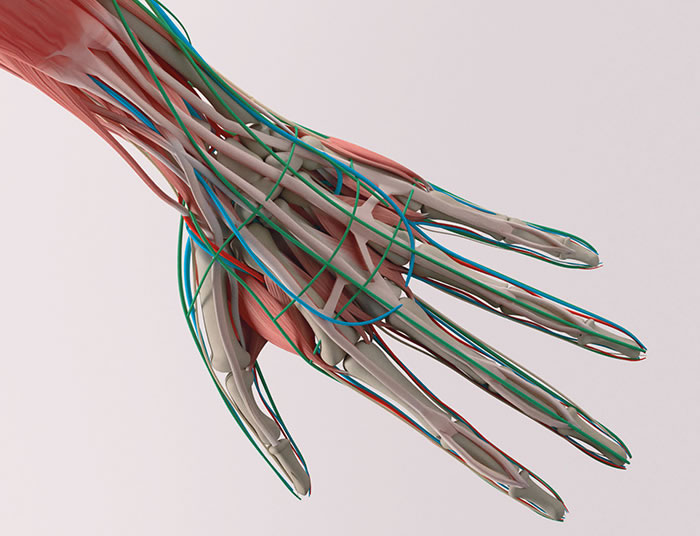
The Search for Inclusion-Body Myositis Treatment
Inclusion-body myositis (IBM) is one of the most common disabling inflammatory myopathies in older adults, but its underlying cause is poorly understood.IBM is characterized by progressive muscle weakness and wasting. In patients with the disease, inflammatory cells invade muscle tissue and collect between the muscle fibers. Muscle biopsies of patients diagnosed with IBM reveal multiple “inclusion bodies” containing cellular material of dead tissue.
Read More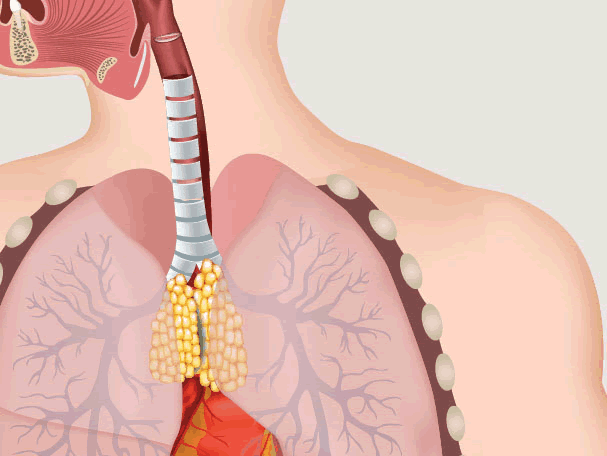
The Expanding Therapeutic Landscape for Myasthenia Gravis
Myasthenia gravis (MG) is an autoimmune disease that leads to muscle weakness. It affects about 14 to 20 out of every 100,000 people. The age of onset varies widely, but typically it is diagnosed in women in their 20s and 30s and men in their 60s or later. In about 10% to 15% of cases, MG begins in childhood.
Read More
Pompe Disease Treatment Is Moving Forward
Pompe disease (also called acid maltase deficiency) is a rare, inherited glycogen storage disease that affects the muscles, particularly the heart and skeletal muscles. It results from mutations in a gene that carries instructions to make the enzyme acid alpha-glucosidase (GAA), also called acid maltase, which plays a role in the body’s ability to process and break down complex sugars (glycogen). With insufficient GAA, glycogen builds up in and damages muscle cells.
Read More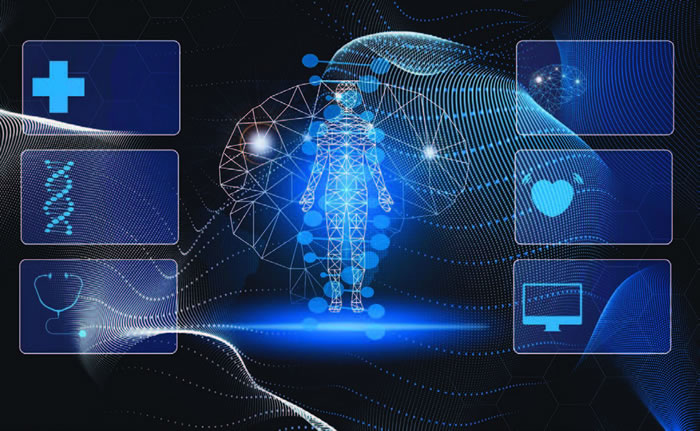
Guiding Treatment for Myotonic Dystrophy
Myotonic dystrophy (DM) is the most common form of muscular dystrophy in adults. This is a complex disease, affecting not just the muscles, but nearly every other organ system in the body. The signature manifestation is myotonia, an inability to consciously relax the muscles, coupled with progressive muscle weakness.
Read MoreMDA Resource Center: We’re Here For You
Our trained specialists are here to provide one-on-one support for every part of your journey. Send a message below or call us at 1-833-ASK-MDA1 (1-833-275-6321). If you live outside the U.S., we may be able to connect you to muscular dystrophy groups in your area, but MDA programs are only available in the U.S.
Request Information